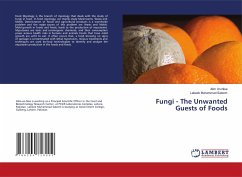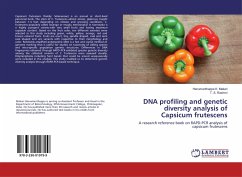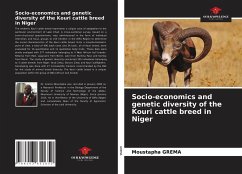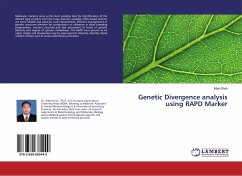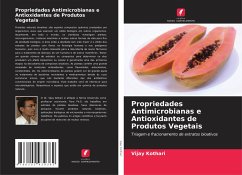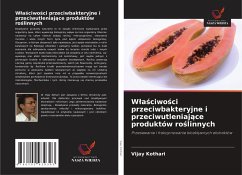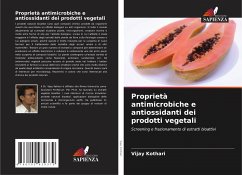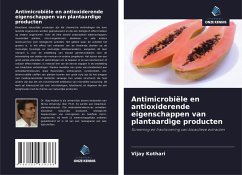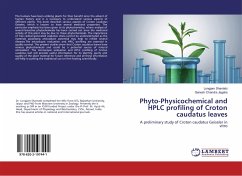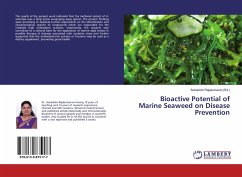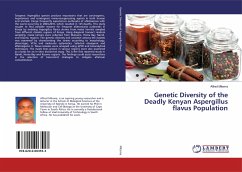
Genetic Diversity of the Deadly Kenyan Aspergillus flavus Population
Versandkostenfrei!
Versandfertig in 6-10 Tagen
47,99 €
inkl. MwSt.

PAYBACK Punkte
24 °P sammeln!
Toxigenic Aspergillus species produce mycotoxins that are carcinogenic, hepatotoxic and teratogenic immunosuppressing agents in both human and animals. Kenya frequently experiences outbreaks of aflatoxicosis with the worst occurring in 2004-2010, which resulted in 125 deaths. This study sought to find possible reasons for frequent aflatoxicosis outbreaks in Kenya by isolating Aspergillus flavus strains from maize kernels sampled from different climatic regions of Kenya. Using diagonal transect random sampling, maize kernels were collected from Makueni, Homa Bay, Nandi, and Kisumu regions. The ...
Toxigenic Aspergillus species produce mycotoxins that are carcinogenic, hepatotoxic and teratogenic immunosuppressing agents in both human and animals. Kenya frequently experiences outbreaks of aflatoxicosis with the worst occurring in 2004-2010, which resulted in 125 deaths. This study sought to find possible reasons for frequent aflatoxicosis outbreaks in Kenya by isolating Aspergillus flavus strains from maize kernels sampled from different climatic regions of Kenya. Using diagonal transect random sampling, maize kernels were collected from Makueni, Homa Bay, Nandi, and Kisumu regions. The genetic diversity and variation among the isolates was examined by characterising the strains according to morphology, phenotype, VCGs and molecular systematics. Selected atoxigenic and aflatoxigenic A. flavus isolates were analysed using qPCR and bioanalytical techniques. The maize lines grown in various regions were also examined as a basis for an in vitro biocontrol assay. This is the first reported study in Nandi, Homa Bay and Kisumu regions. The findings could assist researchers in the selection of biocontrol strategies to mitigate aflatoxin contamination.



